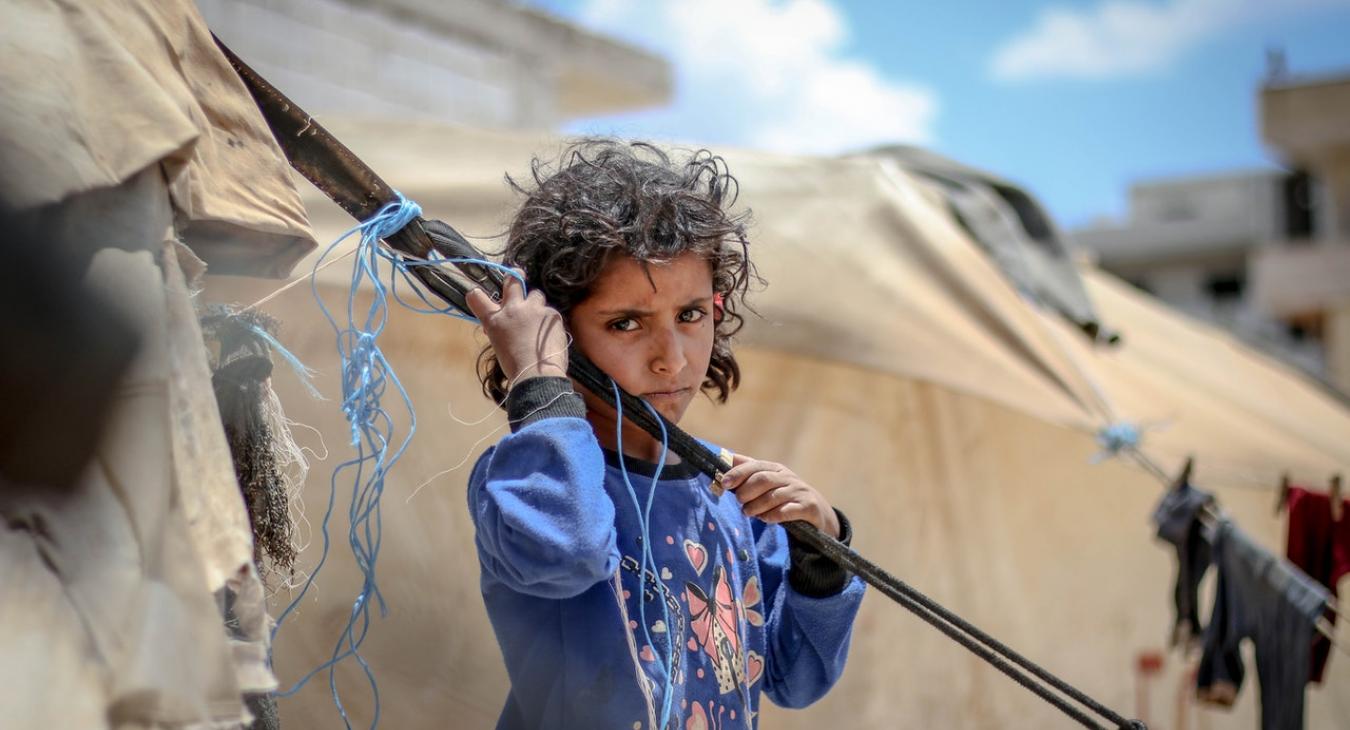
David Joyce looks a closer look at Ireland's first National Action Plan on Business and Human Rights
The first National Action Plan on Business and Human Rights finally saw the light of day, in late 2017. The Human Rights Unit in the Department of Foreign Affairs is to be commended for its work in developing the plan and getting Government approval. You can view a range of civil society responses to the plan here but for a trade union perspective on it read on...
The National Plan's stated aim is:
To promote responsible business practices at home and overseas by all Irish business enterprises in line with Ireland's commitment to the promotion and protection of human rights globally and to being one of the best countries in the world in which to do business.
It is divided into three sections, the first of which sets the context, the UN Guiding Principles on Business and Human Rights, and the consultation process leading to the adoption of the National Plan. The UN Guiding Principles form the context for this discussion and set out a "Protect, Respect and Remedy" Framework which includes the concept of human rights due diligence by businesses. The next section sets out the current legislative and regulatory framework in Ireland and part 3 the actions to be undertaken by the Government. In order to judge the potential effectiveness of these actions, I will compare them to the content of our 2015 submission to Government on the development of the plan.
The legislative section has a short section on workers' rights. Here is not the time to expand on our own views of our domestic legislation but while it does mention Ireland's very welcome membership of the ILO Governing Body, it does not mention our obligations to report there on how we are implementing fundamental rights at work
The 2 key actions in section 3 of the plan are:
- Commission a study to conduct a comprehensive baseline assessment of the legislative and regulatory frameworkpertaining to business and human rights as it applies in Ireland;
- Establish a 'Business and Human Rights implementation group', which will consist of representatives from government, the business community and civil society, and will meet twice a year to review the implementation of the National Plan over the first three years
In our submission, Congress pointed to the fact that there are significant gaps (Collective bargaining, the right to representation etc..) in the Irish legal and policy framework to ensure that businesses operating in or from Ireland are respecting human rights and in order to address such gaps, called on the Irish Government to conduct a "root and branch" review to bring Ireland into compliance with its international human rights law obligations.
Clearly, the commitment to conduct a comprehensive baseline assessment of the legislative and regulatory framework pertaining to business and human rights as it applies in Ireland has the potential to achieve some of this and Congress will be working to ensure that the baseline assessment is not simply a paper exercise but can point the way forward for meaningful change in rights at work.
The implementation group is a positive step and our participation in it will enable us to closely follow the implementation of the plan and to seek to influence the committed actions.
Our submission also included a proposal "to shine a light on the revised OECD Guidelines on Multinational enterprises". These Guidelines for Multinational Enterprises comprise a set of recommendations from Governments to MNEs on responsible business conduct. A unique feature of the guidelines is a Government-backed complaints mechanism where potentially big business can be held to account for its impacts on workers and the environment. Under the Guidelines, each signatory government is required to set up a National Contact Point (NCP) – a government body hearing complaints and generally promoting the Guidelines. The Irish NCP is among the least active ones in the OECD and apart from a mention in the context section, there is only a vague ongoing action listed in Annex 1:
"Facilitate mediation where appropriate in the OECD National Contact Point grievance procedures for cases arising under the OECD multinational guidelines following the publication of national procedures to give effect to the guidelines."
Congress will seek clarity on what this might entail and continue to press for an effectively resourced NCP, something the Government is required to implement under an OECD Council ruling.
Finally, the publication of the plan is a positive step and Ireland now joins a select number of countries who have done so. The plan is careful to stress that the UN Guiding Principles are "not legally binding" this is reflected in the continued use of terms such as "encourage" and "support" and avoidance of words such as "require". It pointedly eschews the legislative route for mandatory due diligence such as the Netherlands Compact, France's Vigilance Law or the less onerous UK Modern Slavery Act. Debate on a binding international treaty in order to regulate, in international human rights law, the activities of transnational corporations and other business enterprises is for another day, but the effectiveness of plans such as these will be judged on how they impact the millions upon millions of workers in global supply chains who continue to experience unsafe and insecure work with poverty wages.

